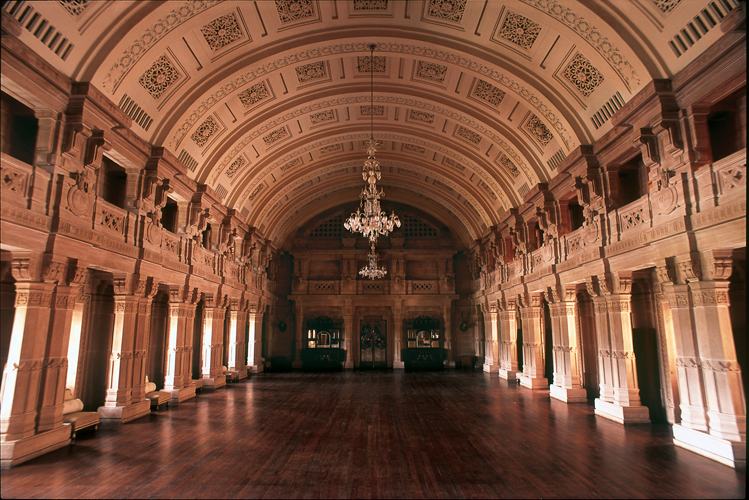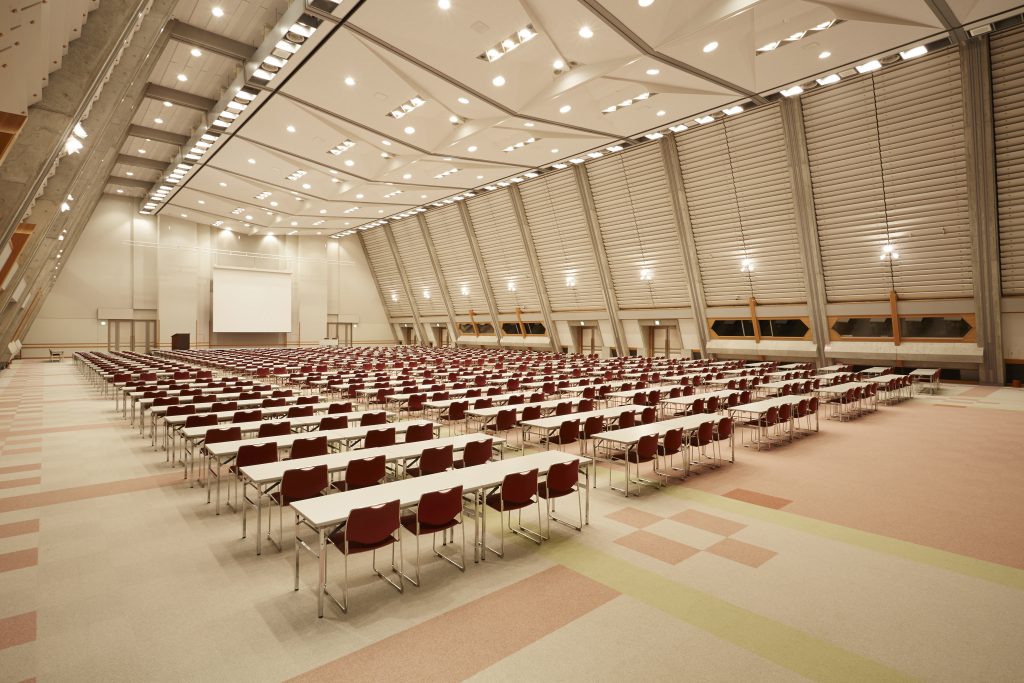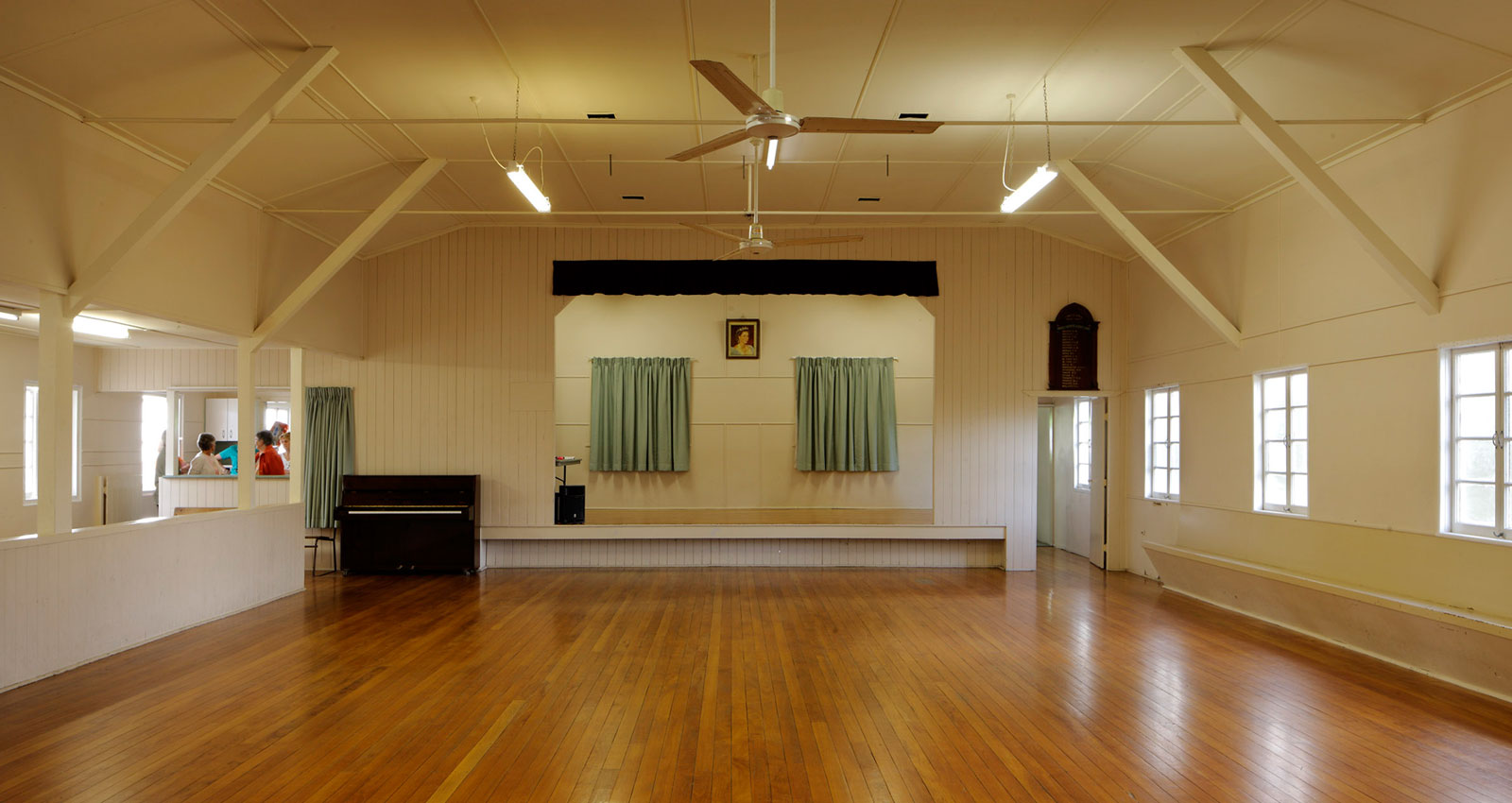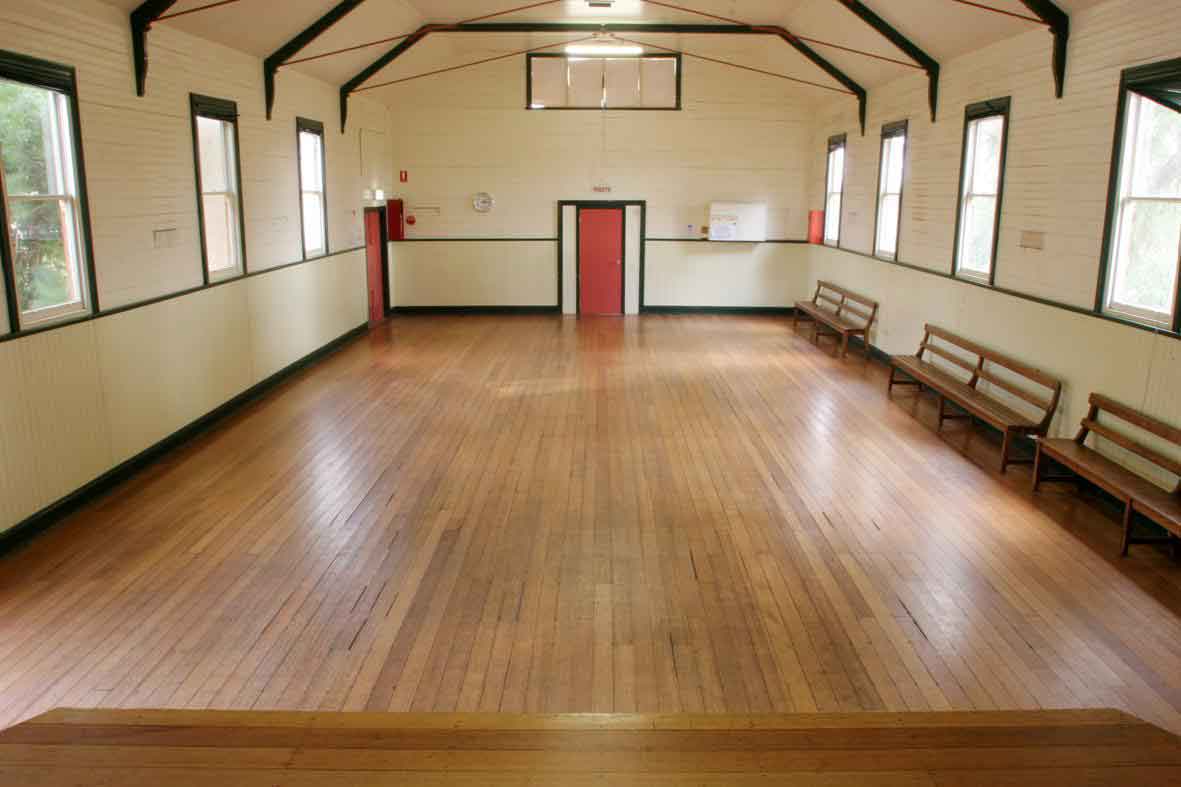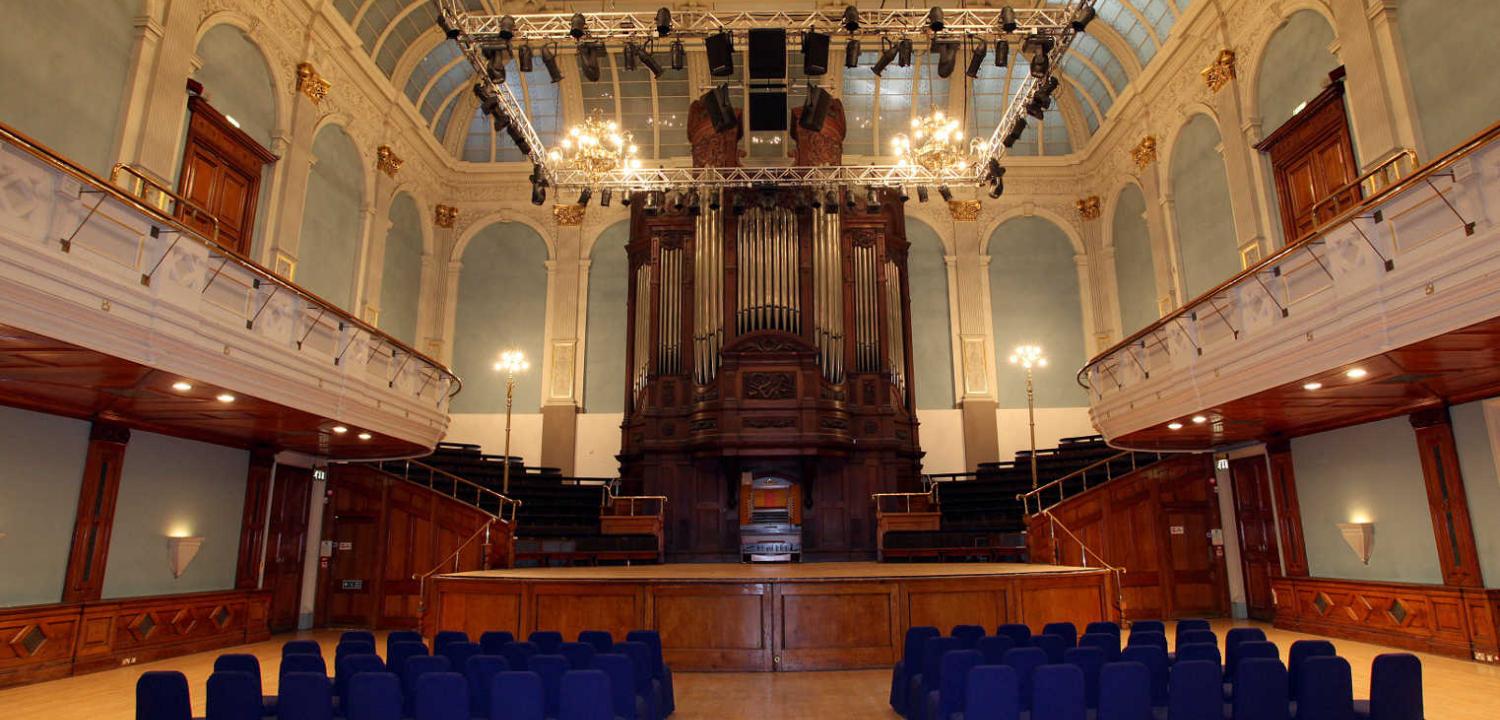
< /ˈræd klɪf/, 1880–1943, English writer.
noun
- a room serving as an entry area within a house or building
- (sometimes capital) a building for public meetings
- (often capital) the great house of an estate; manor
- a large building or room used for assemblies, worship, concerts, dances, etc
- a residential building, esp in a university; hall of residence
-
- a large room, esp for dining, in a college or university
- a meal eaten in this room
- the large room of a house, castle, etc
- US and Canadian a passage or corridor into which rooms open
- (often plural) informal short for music hall
noun
- Charles Martin. 1863–1914, US chemist: discovered the electrolytic process for producing aluminium
- Sir John. 1824–1907, New Zealand statesman, born in England: prime minister of New Zealand (1879–82)
- Sir Peter. born 1930, English stage director: director of the Royal Shakespeare Company (1960–73) and of the National Theatre (1973–88)
- (Margueritte) Radclyffe . 1883–1943, British novelist and poet. Her frank treatment of a lesbian theme in the novel The Well of Loneliness (1928) led to an obscenity trial
Old English heall “place covered by a roof, spacious roofed residence, temple, law-court,” from Proto-Germanic *khallo “to cover, hide” (cf. Old Saxon, Old High German halla, German halle, Dutch hal, Old Norse höll “hall;” Old English hell, Gothic halja “hell”), from PIE root *kel- “to hide, conceal” (see cell). Sense of “entry, vestibule” evolved 17c., at a time when the doors opened onto the main room of a house. Older sense preserved in town hall, music hall, etc., and in university dormitory names. Hall of fame attested by 1786 as an abstract concept; in sporting sense first attested 1901, in reference to Columbia College.
- American psychologist who established an experimental psychology laboratory at Johns Hopkins University (1882), founded child psychology, and profoundly influenced educational psychology.
 Liberal Dictionary English Dictionary
Liberal Dictionary English Dictionary

